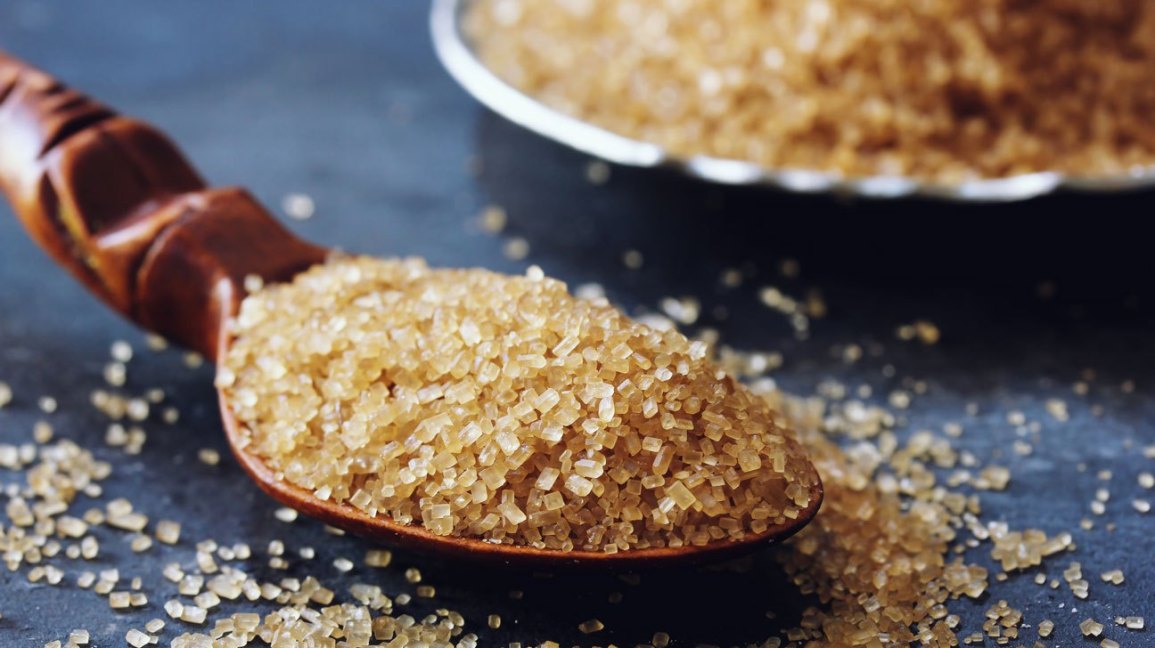Raw sugar has been a staple in kitchens around the world, often considered a healthier alternative to processed sugars. It is derived from the sugarcane plant and retains more of its natural molasses content, giving it a richer flavor and color compared to white sugar. The increasing popularity of raw sugar can be attributed to the growing trend towards natural and organic products, as consumers become more aware of the benefits of minimally processed foods. With its unique taste and appealing texture, raw sugar is not only a versatile sweetening agent but also a delightful ingredient that can enhance a variety of recipes.
In addition to its culinary uses, raw sugar is often touted for its potential health benefits. Although it is still sugar and should be consumed in moderation, raw sugar contains trace minerals and nutrients that are stripped away during the refining process. This aspect has sparked interest among health-conscious consumers who are looking to sweeten their diets in a more wholesome way. From baking to beverages, raw sugar offers a unique flavor profile that can elevate everyday dishes and treats.
As we delve deeper into the world of raw sugar, it is essential to understand its origins, the benefits it offers, and how it compares to other forms of sugar. Whether you are a culinary enthusiast, a health-conscious individual, or simply someone who enjoys the sweet things in life, raw sugar is worth exploring. Join us on this journey to uncover everything you need to know about this natural sweetener.
What is Raw Sugar?
Raw sugar is a minimally processed sugar that comes from the juice extracted from sugarcane or sugar beets. Unlike refined sugars, which undergo extensive processing to remove impurities and molasses, raw sugar retains some of its natural molasses, providing it with a distinctive color and flavor. Common types of raw sugar include turbinado and demerara, both of which are popular in various culinary applications.
How is Raw Sugar Made?
The production of raw sugar involves several steps:
- The sugarcane is harvested and crushed to extract the juice.
- The juice is then clarified to remove impurities.
- The clarified juice is evaporated to form a thick syrup.
- This syrup is crystallized, resulting in raw sugar crystals.
- Finally, the sugar is centrifuged to separate the crystals from the remaining syrup.
What are the Health Benefits of Raw Sugar?
While raw sugar should still be consumed in moderation, it offers some potential health benefits compared to refined sugar:
- Mineral Content: Raw sugar contains small amounts of minerals like calcium, iron, and potassium.
- Lower Glycemic Index: Some studies suggest that raw sugar may have a lower glycemic index than white sugar, which can help manage blood sugar levels.
- Fewer Additives: As a more natural product, raw sugar typically contains fewer additives and chemicals.
How Does Raw Sugar Compare to Other Types of Sugar?
Raw sugar is often compared to other sweeteners, such as white sugar, brown sugar, and artificial sweeteners. Understanding these differences can help consumers make informed choices about their sugar intake.
Is Raw Sugar Better for Baking?
When it comes to baking, raw sugar can be a delightful alternative to refined sugar. It adds a unique flavor and texture to baked goods, enhancing their overall taste. However, it is essential to note that raw sugar may not dissolve as easily as white sugar, which can affect the texture of some recipes. Experimenting with raw sugar can yield delicious results, particularly in recipes that benefit from its rich, caramel-like flavor.
Can Raw Sugar be Used in Beverages?
Absolutely! Raw sugar is an excellent sweetener for a variety of beverages, including coffee, tea, and cocktails. Its distinctive taste can enhance the flavor profile of drinks, making them more enjoyable. Additionally, raw sugar can be used to create simple syrups for cocktails or flavored teas, offering a creative way to incorporate this natural sweetener into your favorite beverages.
What are the Environmental Impacts of Raw Sugar Production?
The production of raw sugar can have significant environmental implications, particularly in regions where sugarcane is grown. Sustainable farming practices and responsible sourcing are crucial to minimizing the environmental footprint of sugar production. Consumers are encouraged to look for organic and sustainably sourced raw sugar options to support eco-friendly practices in the industry.
How to Incorporate Raw Sugar into Your Diet?
Incorporating raw sugar into your diet can be a simple and enjoyable process. Here are some ideas:
- Add raw sugar to your morning coffee or tea for a natural sweetness.
- Use raw sugar in baking recipes to enhance flavor and texture.
- Sprinkle raw sugar on top of fruits or yogurt for a sweet twist.
- Create homemade marinades and dressings using raw sugar for added depth of flavor.
Conclusion: Is Raw Sugar the Right Choice for You?
Ultimately, whether or not raw sugar is the right choice for you depends on your dietary preferences and health goals. While it offers some advantages over refined sugar, moderation is key. Embracing raw sugar as a part of a balanced diet can provide a delightful way to enjoy sweetness while making more conscious choices about the ingredients you consume.
Article Recommendations
- Traylor Howard
- Alex Lagina And Miriam Amirault Wedding
- Alex Lagina And Miriam Amirault Wedding
- Bolly4u
- Did Pioneer Woman Die
- Who Is Traci Braxtons Son
- Alice Cooper Kids Names
- Charles Edward Vogelman
- Actors In General Hospital
- Jung Wooung Wife


